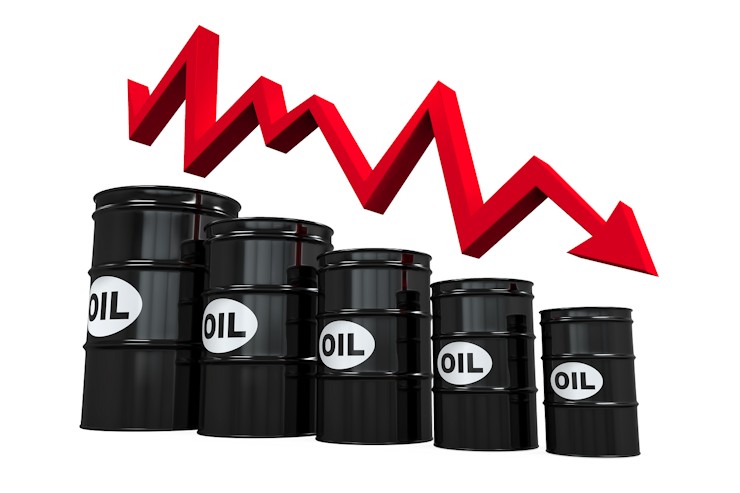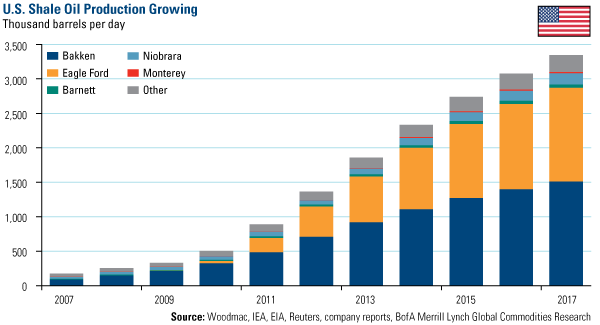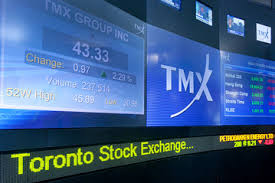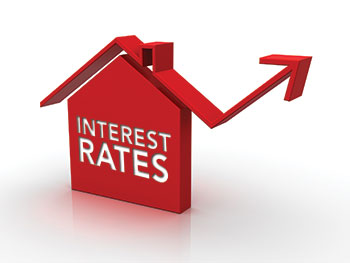4 ways oil will shape your finances in 2016
Posted by Steve Harmer on Monday, January 11th, 2016 at 10:37am.
The Canadian economy is tied closely to the price of oil, meaning crude will have a broad impact over the coming year.
 As they say, the cure for high prices is high prices.
As they say, the cure for high prices is high prices.
That’s the truth at the heart of the collapse in oil prices in 2015, a force that will shape our personal finances in the coming year. In the GTA, it’s good news. The commute is cheaper and so is the cost of heating our homes. It adds up to a tax cut as good as the one the Liberals are giving us.
In the west, where 40,000 industry-related jobs have disappeared, more pain is on the way because the energy rout may only be midstream. Even if it isn’t, more jobs will likely go. Until the price of oil stabilizes, the only thing companies can do is guess and keep cutting to ensure their costs remain below their falling revenues.
It’s hard to recall that 18 months ago, oil was at $110 (U.S.) a barrel. It traded Monday at a little under $37, two-thirds lower. If you think about that in terms of your household, how would you fare if your family income was cut by 67 per cent?
This is all about a fight for control of the world’s oil market, dominated by the Organization for Petroleum Exporting Countries (OPEC), of which Saudi Arabia is the lead. As China’s insatiable demand for energy drove up prices, a search for cheaper supplies made sense. New technologies made it easy to drill into shale formations and fracture the rock to release oil, creating a plentiful supply of energy in North America.
 A sign of the times is that this month the U.S. lifted a 40-year ban on the export of domestically produced oil. That is because fracking is making the U.S. virtually energy self-sufficient, just as China’s economy is slowing — and so is its need for oil. In the meantime, Iran is adding two million barrels to world markets as part of its nuclear deal.
A sign of the times is that this month the U.S. lifted a 40-year ban on the export of domestically produced oil. That is because fracking is making the U.S. virtually energy self-sufficient, just as China’s economy is slowing — and so is its need for oil. In the meantime, Iran is adding two million barrels to world markets as part of its nuclear deal.
The Saudis seeing a long-term threat to their oil power have ensured that OPEC continues to produce at the same pace to maintain market share. The Saudi goal is to drive the higher-cost fracking industry under. Our even more expensive oilsands are caught in the crossfire.
OPEC shows no signs of standing down. It reaffirmed its strategy at a December meeting, and last week its World Oil Outlook forecast that a barrel of oil would only cost (in real terms) around $70 by 2020.
So here’s what it means for us:
The dollar
In June 2014, with $110 oil, the loonie sat at 92 cents (U.S.). It cost us $1.09 for one American dollar. On Monday, it was at 72 cents, a drop of 22 per cent. It was $1.40 to $1 at the consumer level.
If oil rebounds, so will the dollar; if not, it may fall further which is something readers care a lot about. How to get a better U. S. exchange rate deal was the most popular column of the year.
Canadian stocks
 Toronto share prices are down 9.8 per cent year to date. Energy stocks make up about 10 per cent of the TSX and have fared much worse. The TSX Energy Index is down 26 per cent.
Toronto share prices are down 9.8 per cent year to date. Energy stocks make up about 10 per cent of the TSX and have fared much worse. The TSX Energy Index is down 26 per cent.
If oil prices improve, these shares will too. Ditto for our banks, which are big lenders to the oilpatch and are another big part of the main TSX composite index. They’ve had a lousy year too, down 5 per cent.
Inflation
We climbed out of our 61-cent-dollar hole in 2000, gradually getting to par in 2009 without much inflation. Our exports to the U.S. were cheaper and so more attractive, creating profits and jobs. By substituting Mexican avocados for California ones, we energized our economy without higher prices. Cross your fingers we can do that again.
Interest rates
 If we can’t and inflation starts picking up, rates may rise even though the Bank of Canada doesn’t want them to. If so, housing will cool, consumer spending will fall and we’ll all have a harder time.
If we can’t and inflation starts picking up, rates may rise even though the Bank of Canada doesn’t want them to. If so, housing will cool, consumer spending will fall and we’ll all have a harder time.
There are a lot of ifs, ands and maybes here and, as always, beware of forecasts. In June, when I wrote about the dollar, the consensus was that it would be between 77 and 80 cents now. Between now and this time next year, anything can happen.
© http://www.thestar.com/business/personal_finance/2015/12/28/4-ways-oil-will-shape-your-finances-in-2016.html
